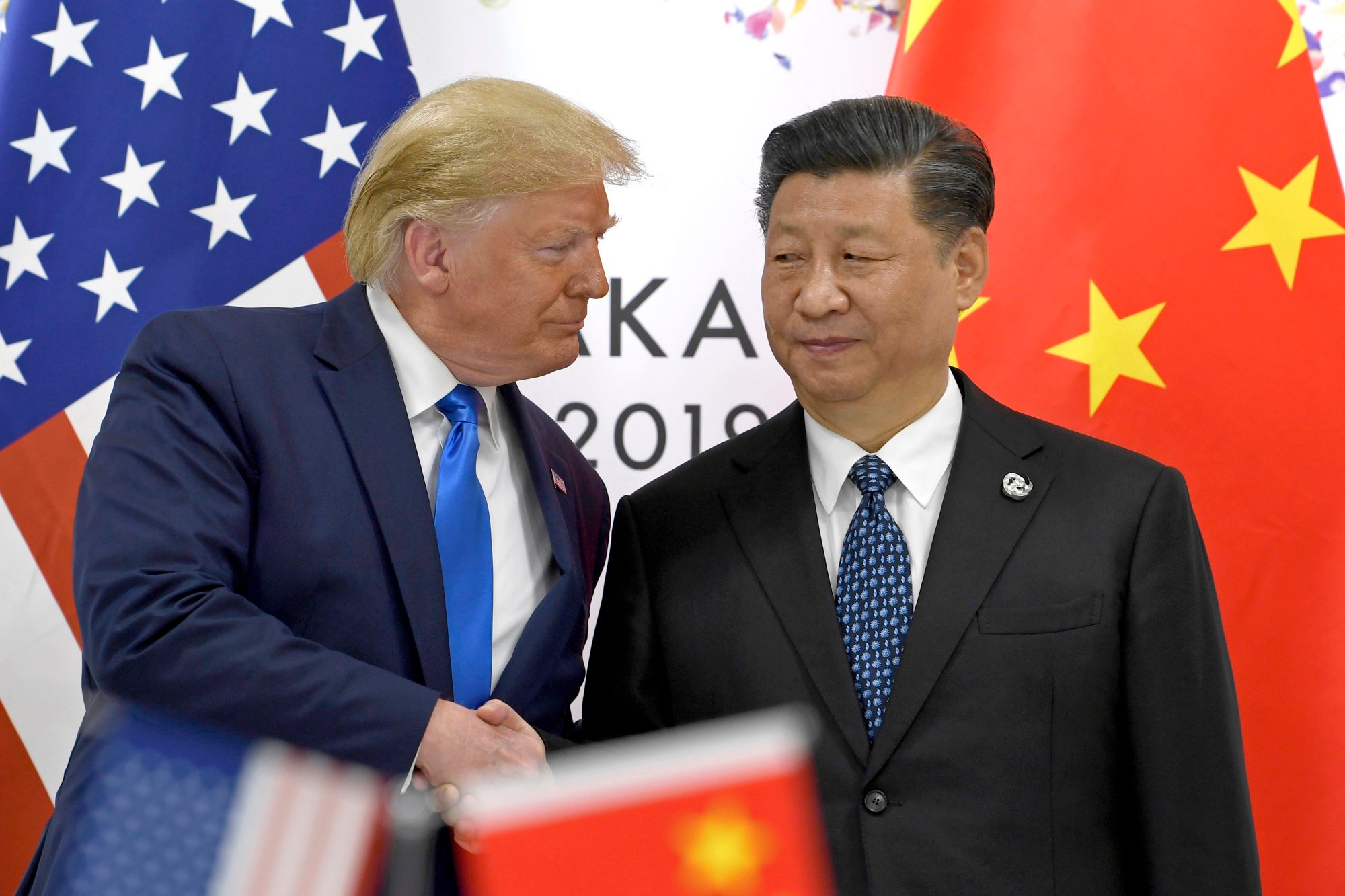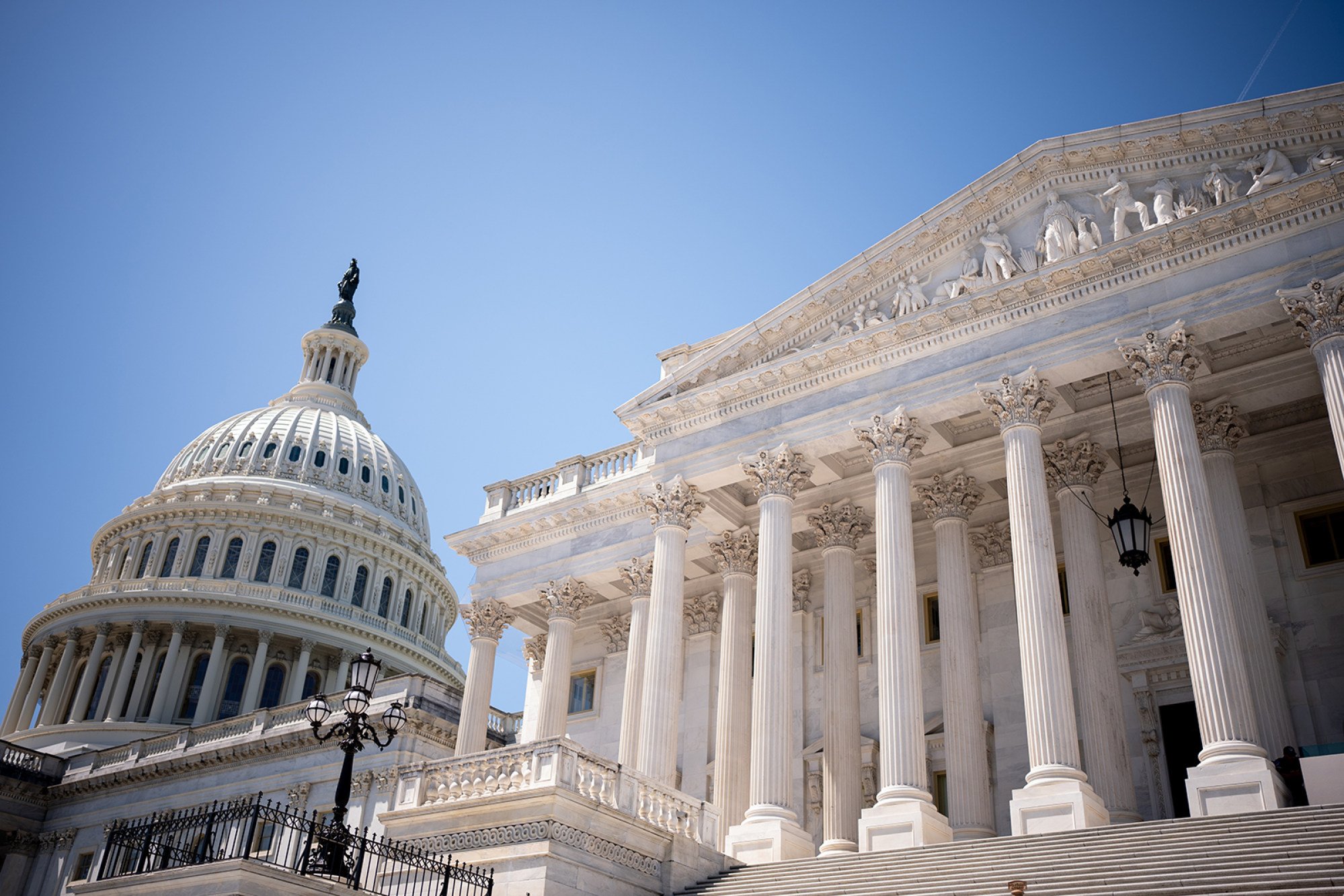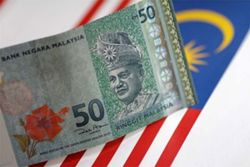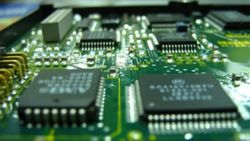
American voters woke up on Wednesday to a second Donald Trump presidency after he was declared the winner in one of the greatest political comebacks in US history.
His victory is among the most unconventional, consequential and divisive of US election wins, giving the Republican president-elect a mandate to shape the country’s post-World War II consensus on everything from global trade and foreign affairs to democratic norms, immigration and China policy.
Do you have questions about the biggest topics and trends from around the world? Get the answers with SCMP Knowledge, our new platform of curated content with explainers, FAQs, analyses and infographics brought to you by our award-winning team.
“This will truly be the golden age of America,” said Trump, speaking to supporters in Florida. “It’s a political victory that our country has never seen before, nothing like this.”
Defying polls that had predicted a knife-edge race potentially taking days or weeks to resolve, the 78-year-old populist was declared the winner just 90 minutes after the final polls closed in Alaska.
Vice-President Kamala Harris, the Democratic candidate, called Trump to concede before addressing the nation Wednesday afternoon, reportedly telling him she hoped he would be “a president for all Americans”.
By securing both the popular and electoral votes – his 277 was more than the 270 required to win the White House – Trump dispelled the idea that an “exceptional” United States was somehow exempt from the anti-incumbency wave that has washed across other democracies.
He is also well on the way to securing a strong legislative mandate. The full results for the 34 Senate seats up for grabs and all 435 House of Representatives seats have not been determined, but the Republicans are assured of a majority in the upper chamber after securing at least 52 seats.
If his party also prevails in the House – an outcome which many expect but which could take days to confirm – Trump will face few impediments, at least until the next midterm election in 2026.
If fully enacted, his vision could mark an end to many of the policies central to Washington since 1945 – starting with the close US ties to Europe that began with the Marshall Plan – and leave global leaders contemplating a very different chessboard.
On trade, Trump famously leans toward high tariffs, and has threatened to impose 60 per cent taxes on all Chinese imports and 10 per cent on others. His “America first” approach is motivated by his belief that any country running a trade surplus with the US is “cheating”, and he is strongly inclined to bring manufacturing jobs back to America without much regard for the economic cost.
On foreign policy, he has tended to view allies and partners with suspicion, is wary of Nato and multilateralism, and questioned the need to base US troops abroad.
Trump, who has repeatedly expressed admiration for Russian President Vladimir Putin, has claimed he could end the Ukraine war in “one day”. If there were a relatively quick solution, analysts said, a potential concern for Beijing would be that less distracted Washington hawks might turn their full attention to China.
Domestically, Trump opposes the immigration that has been a bedrock of the American dream and a key ingredient in a tech-fuelled economy which in recent years has been the envy of the world. He has also called for deportations and is tipped to undercut civil rights.
Trump’s second US presidency will be historic in a number of ways. It is the first time a twice-impeached convicted felon has been elected, the first Republican since 2004 to win the popular vote – he currently leads by about 5 million – and the only president other than Grover Cleveland in 1892 to return to power after losing a re-election bid.
Consequential questions in the coming weeks will include his picks for top administration jobs. Trump was often distracted and disorganised during his first term, but the second time around a staff chosen for its loyalty and fervour would be better prepared and more committed to his agenda.
It is also unclear what role the billionaire Tesla chief Elon Musk will play, given his strong influence during the campaign and extensive experience with top Chinese leaders.
Another open question is how forcefully the mercurial Trump will act against those he dislikes, after a campaign punctuated by personal attacks, insults and threats to go after political rivals, election workers, journalists, corporate executives and “the enemy from within”.
“We have some sick people, radical left lunatics,” he told Fox News last month. “And it should be very easily handled by, if necessary, by the National Guard, or if really necessary, by the military.”
Trump also faces federal criminal trials over a failure to return classified documents and interfering with the 2020 election that, as president, he is expected to have the Justice Department quash.
But he also faces a state case in Georgia for election interference that could be tougher to shut down. He has already been convicted in New York on 34 felony counts of filing false business records to cover up hush money payments to the adult film star Stormy Daniels. He has yet to be sentenced in that case.
The Chinese foreign ministry issued a brief response to the news of his victory, saying: “We respect the choice of the American people and congratulate Mr Trump on his election as president.”
Asked earlier if Beijing is prepared for a tariff onslaught, ministry spokeswoman Mao Ning declined to respond to “hypothetical questions”, calling instead for “mutual respect, peaceful coexistence and win-win cooperation”.
Trump’s China policy is likely to be a version of its earlier self, only more so, including a return to the unsuccessful trade deal he negotiated in 2020 with Beijing that called for China to purchase US$200 billion worth of additional US goods.
On Wednesday, the offshore yuan at one stage fell by over 900 basis points against the US dollar, dropping below the 7.19 mark, before regaining some ground; US stock markets surged on the news in anticipation of more Trump tax cuts, while bonds fell on the prospect of larger US deficits.
“Trump will usher in the most unpredictable phase in modern US-China relations,” said Jeffrey Moon, head of consultancy China Moon Strategies. “Trump will not feel bound by the relative detente President Xi Jinping and Biden reached in San Francisco last year.”
Moon, a former US consul general in Chengdu, added that China is likely to immediately seek out Trump intermediaries in hopes of quietly negotiating a resolution to pending issues.
One complication: at the end of Trump’s first term, Beijing sanctioned more than over two dozen of his senior officials, a measure that could limit its access – or lead China to back off or ignore its previous sanctions.
“China will approach Elon Musk as an interlocutor but his unpredictability is legendary,” added Moon.

Trump has vowed to impose wholesale tariffs on Chinese imports through executive action and is likely to leave in place, if not tighten, US technology export restrictions enacted by the Biden administration.
“This approach would not only harm the US itself, but also further disrupts the international trade order and norms,” said Diao Daming, an international relations professor at Renmin University in Beijing. “It’s a case of harming others without benefiting yourself, something the international community does not want to see.”
Trump is also likely to put a strong imprint on US policy toward Taiwan.
His disregard for precedent could, some critics fear, see him seriously weaken Taiwan’s stance in dealing with mainland China, having in the past questioned US support for the island’s defence and accused it of stealing “our chip business”.
On the other hand, many of his most hardline aides during his first term – and many Republicans currently in Congress – were extremely pro-Taiwan and anti-China.
Beijing sees Taiwan as a rogue province to be eventually reunited with the mainland, by force if necessary. Most countries, including the US, do not recognise Taiwan as an independent state. But Washington opposes any attempt to take the self-governed island by force and is legally bound to support Taiwan’s military defence capability, which Beijing opposes.
Regarding Hong Kong, Trump has exhibited little interest in human rights during his business and political careers but a lot of interest in deals, which could ease some of the sanctions and political pressure the US has imposed on the city and its officials.
On the other hand, Hong Kong could also quickly fall hostage to any worsening in US-China relations.

While state media in China have focused on US social divisions, the election has dominated Chinese social media; Trump’s victory was the most-trending topic on Wednesday, though most users shied away from directly commenting on their preference.
In Beijing and Hong Kong, US diplomatic missions and American chambers of commerce hosted gatherings to watch the results as US Ambassador Nicholas Burns voiced confidence in the strength of American democracy.
Additional reporting by Orange Wang and Jasmine Wang
More from South China Morning Post:
- It’s Trump: taut race ends with former president returning to White House
- In Africa, US poll as entertainment weighed against potential trade, immigration fallout
- Awaiting US election, Asian officials see little difference in candidates’ policies
For the latest news from the South China Morning Post download our mobile app. Copyright 2024.










































